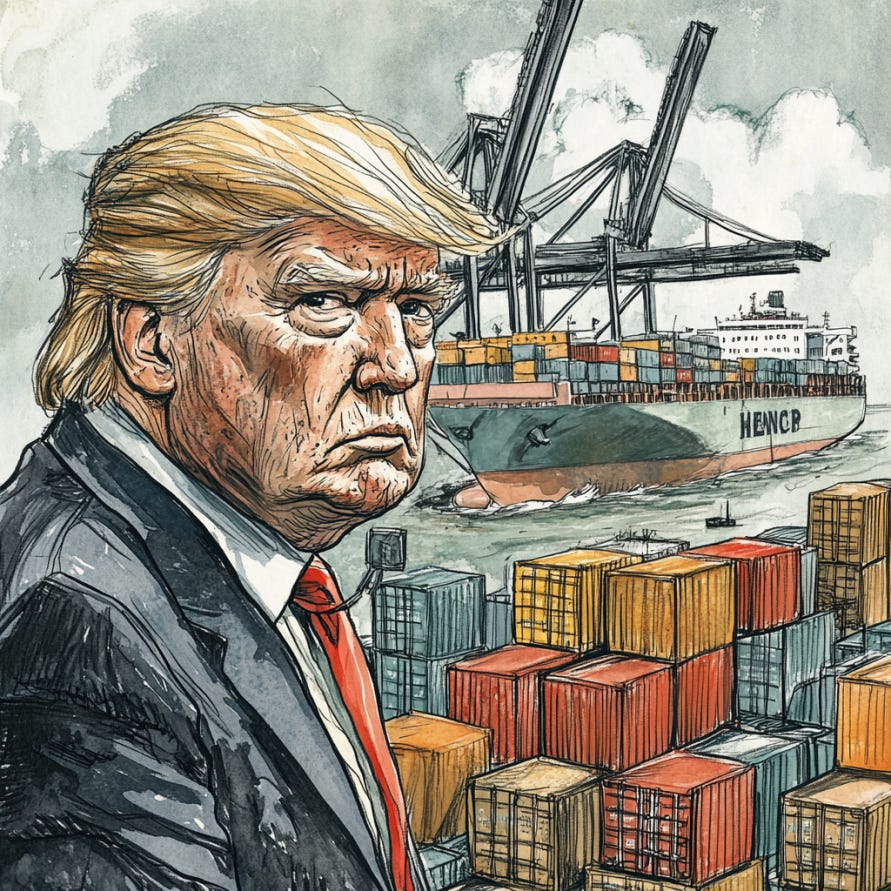Cheap Imports, Lost Jobs & the Truth We Don’t Want to Face
A reflection on how cheap imports, automation, and financialization reshaped America’s economy—and what we failed to plan for
Listening to All-In Podcast yesterday got me thinking—what’s the counterfactual if the U.S. hadn’t allowed cheap imports? How would the world look today? A lot of jobs were lost to automation too. In some ways, did that strategy actually help America dominate globally? Did the Rust Belt fail to reinvent itself—and is that really China’s fault?
Yes, we could have done more to soften the blow. But are some Americans blaming others for their plight instead of thinking harder about how to drive future growth? Meanwhile, people enjoyed cheaper goods. I agree America needs to be self-sufficient—especially in critical industries—but maybe it was better that some of the most backbreaking, monotonous assembly line jobs were replaced by robots or cheaper labor abroad.
At the same time, we over-financialized the economy—rewarding financiers over builders. We just didn’t plan well for what came next. Something needs to change, but we need to think about it more honestly.




